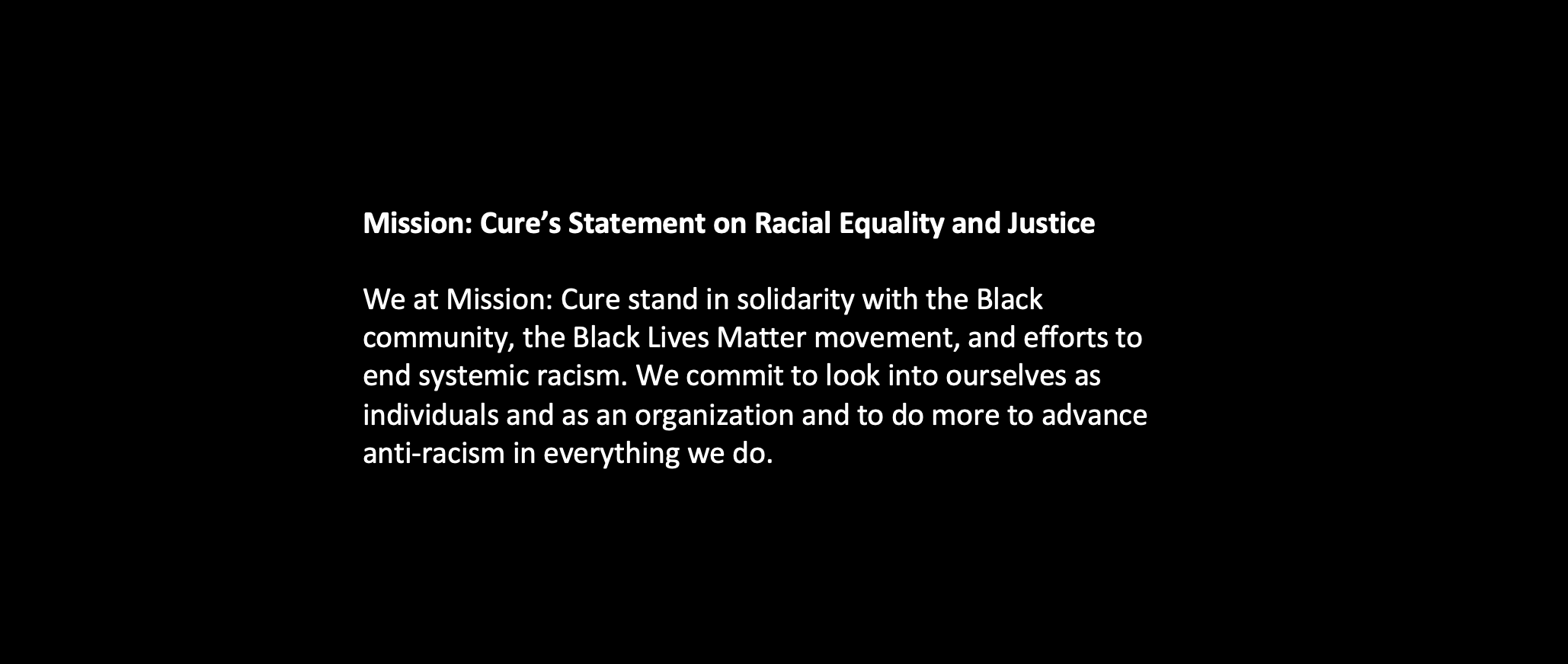
Last year, the American College of Gastroenterology (ACG) published clinical guidelines to provide an evidence-based practical approach to the diagnosis and management of chronic pancreatitis for the general gastroenterologist. We, at Mission: Cure, commend the efforts of the authors and believe that these guidelines are an important step forward for pancreatitis patients who continue to seek a diagnosis and treatment plan while suffering with pain, hopelessness, and poor outcomes.


